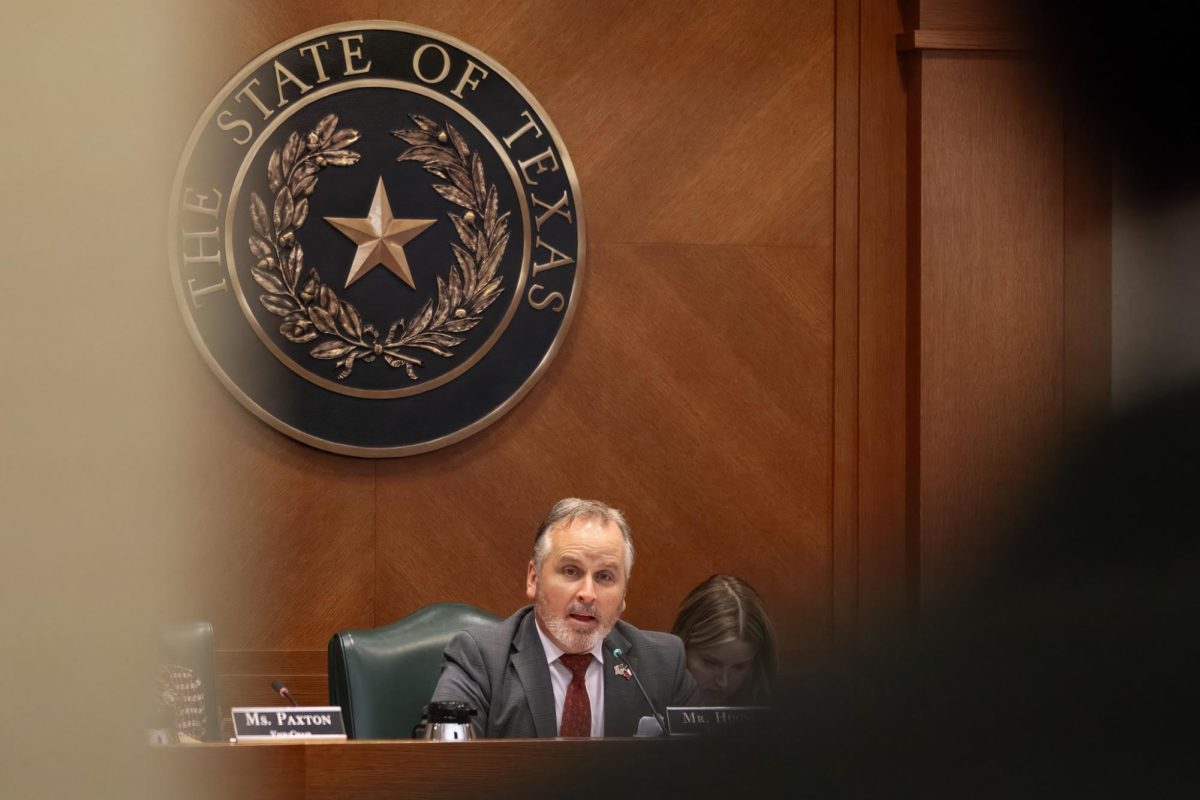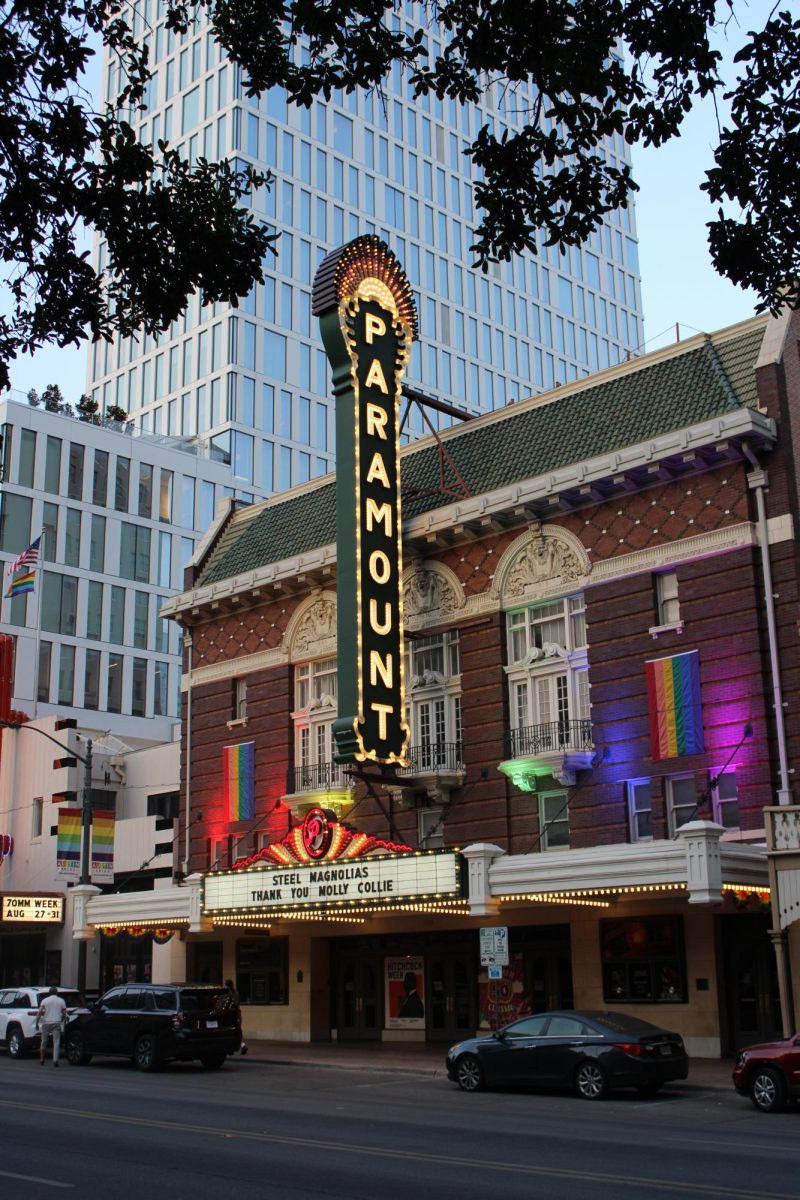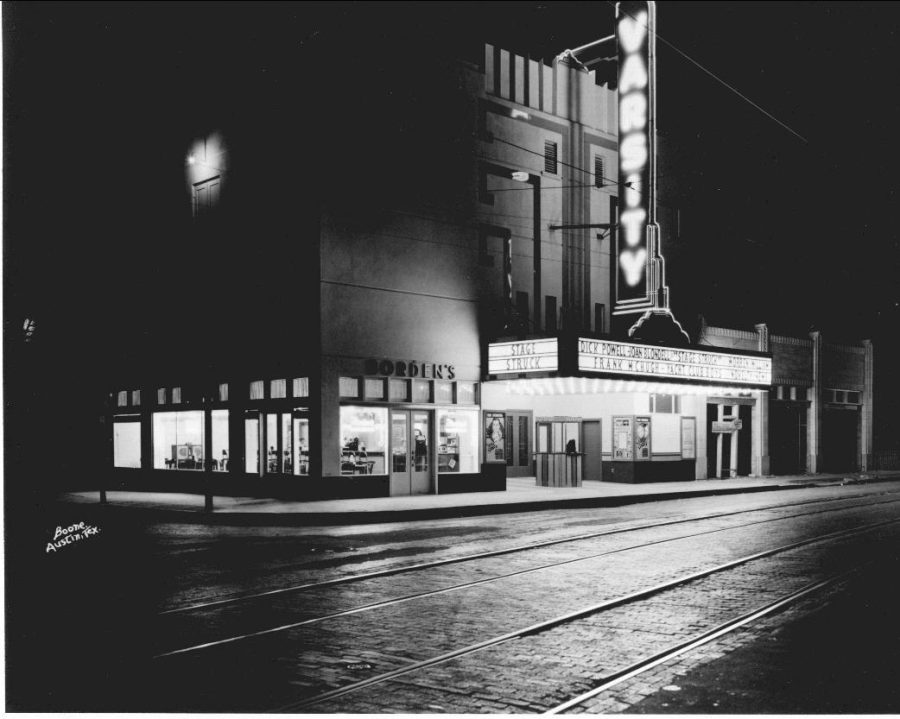Witnesses testified against a potential mask ban for protesters — which is intended to reveal the identities of people “bent on committing crimes at protests” — at a Texas Senate State Affairs Committee meeting on Wednesday.
Although no legislation regarding a mask ban is on the table, interim committee meetings provide insight into what lawmakers will likely focus on in the next legislative session in January, according to the Texas Center for Justice and Equity.
Clear the Air ATX, a local group providing free masks to the Austin community, organized for several witnesses to speak against a possible mask ban. One group member testified a petition in collaboration with Texas Civil Rights Projects got 1,081 signatures before the committee meeting.
While some witnesses argued that masks at protests prevent law enforcement from identifying people potentially engaging in criminal behavior and arresting them, other witnesses raised concerns about immunocompromised people and religious freedom.
According to the Texas State Law Library, Texas implemented a mask ban law in 1925 targeted at limiting Ku Klux Klan activity, however, the state repealed the law in 1974, and there is no current protest-related mask legislation. Jared Lindauer, an Anti-Defamation League Austin board member, said the League supports reintroducing mask bans combatting “mass harassment and intimidation.”
Hannah Meyers, director of policing and public safety for the Manhattan Institute, said masking and “disorder” go hand in hand, citing that many pro-Palestinian protesters at Columbia University wore masks during their occupation of Hamilton Hall in April.
University policy prohibits masks at protests “calculated to obstruct the enforcement” of University rules. University spokesperson Mike Rosen said many pro-Palestine demonstrators in April violated this policy among others.
Meyers later clarified she supports exceptions for people with health risks and people who cover their faces for religious reasons, but witnesses raised concerns about mask bans being enforced in a discriminatory way.
Sameeha Rizvi, UT alumna and a civic engagement organizer for the Council on American-Islamic Relations, said masks are a vital safety measure for marginalized communities, such as religious or ethnic minorities, who are already more likely to be targeted by law enforcement.
“The ability to remain anonymous is not just a choice for them,” Rizvi said. “It’s a critical safeguard against potential harassment, intimidation or worse.”
Additionally, many immunocompromised people or people with disabilities wear masks in crowded spaces for their health. One witness asked how a law enforcement officer would distinguish between someone wearing a mask to break the law and someone wearing a mask for legitimate health reasons.
“Those who are chronically ill and immunocompromised deserve every right to health and safety in public life, as well as having their privacy respected in public,” said Cole Glosser, a policy fellow with the Coalition of Texans with Disabilities.





















